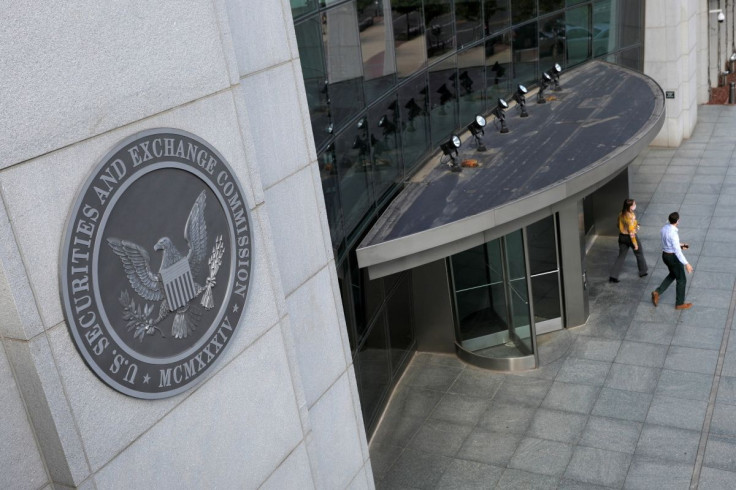U.S. SEC Set To Rescind Trump-era Curbs On Shareholder Advisers

The U.S. securities regulator will vote on Wednesday to rescind rules introduced under then-U.S. President Donald Trump that critics said impeded the independence of firms that advise investors on how to vote in corporate elections.
The rule change is the latest installment in a long-running battle over how to regulate "proxy" advisers like Institutional Shareholder Services and Glass Lewis, which advise investors how to cast their ballot on issues including the election of directors, merger transactions and shareholder proposals.
Corporations say these companies have amassed too much sway over corporate elections and should be more tightly regulated.
In 2020, the Securities and Exchange Commission (SEC) introduced rules that increased proxy advisers' legal liability and required them to share recommendations early on with corporate executives. Investor advocates said the changes tilted the scales in favor of corporate bosses over investors.
Wednesday's rules would specifically rescind two exemptions, including a requirement that proxy advisers provide a first look to corporations of the advice to be tabled.
It would also undo a requirement that allowed clients of proxy firms to be notified of any written responses to their advice from companies.
President Joe Biden's SEC first proposed these rule changes in November, and said investors had expressed concerns that the conditions created increased compliance costs for proxy advisers and impaired the independence and timeliness of their advice.
It also said the legal liability changes had created confusion and increased proxy advisers' litigation risks, potentially impairing the quality of advice.
ISS and Glass Lewis will likely praise the changes while industry groups, including the National Association of Manufacturers, may call the changes unnecessary.
© Copyright Thomson Reuters {{Year}}. All rights reserved.




















